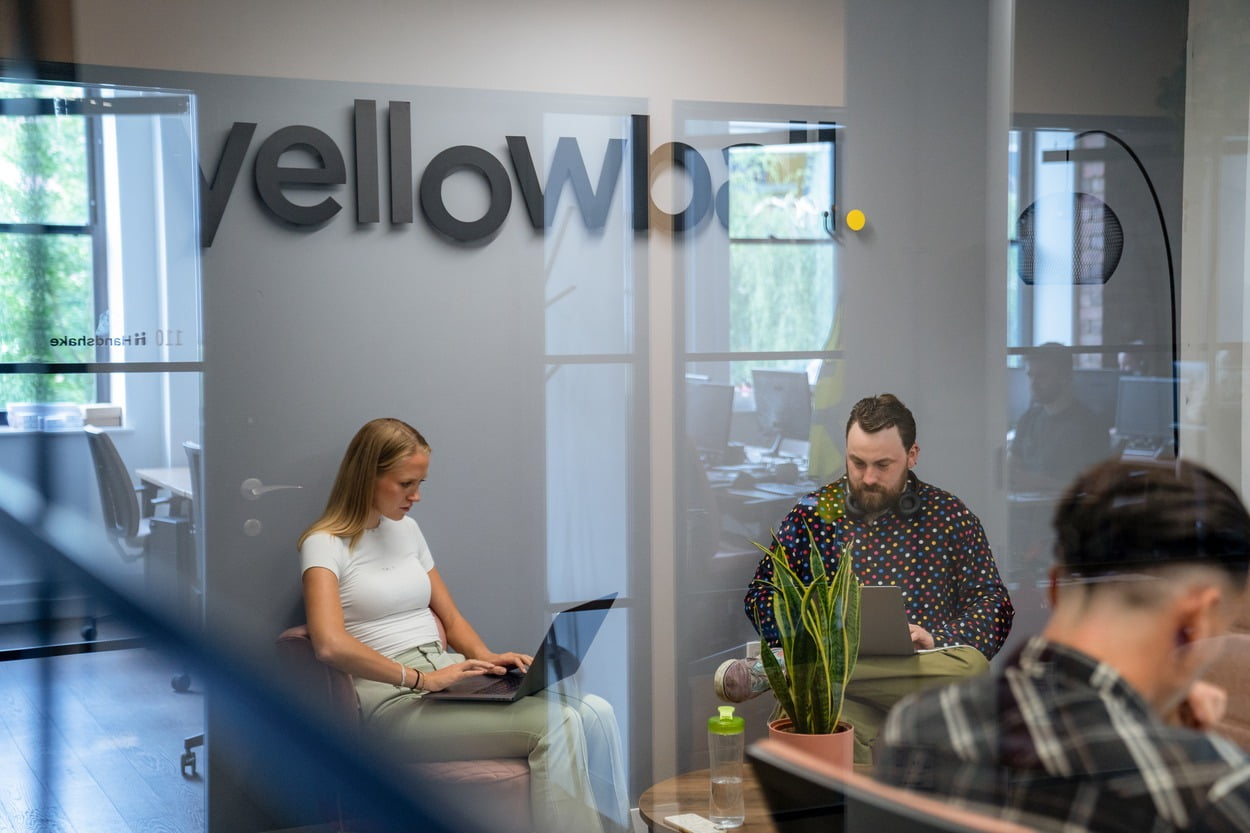Google has a whopping 82% share of the market for search engine usage in the UK. This does, however, raise the interesting question as to what motivates the other 18% of people to use other search engines. While Google is extremely effective as a search engine, the emergence of competitors speaks to some of the criticisms of Google, and while Bing is Google’s nearest competitor, it lags behind on a mere 12%. Nevertheless, it is important to understand the reasons that more and more users are switching to different providers, no doubt something that Google are constantly adapting to.
From an SEO perspective, these alternatives are not significant – yet. However SEO is an ever-changing world, and to be complacent about possible successors to Google runs the risk of being caught out in the future.
Privacy
In recent years it has become apparent that there is a worrying trend in tech giants using citizens’ data for commercial purposes, regardless of whether they truly consented to this usage. Some would argue that this is part and parcel of using these platforms. Afterall, Google provides an exceptional service that has completely changed how we use the internet, and by extension how we interact in the world. Google is now the default search engine for so many people that the word ‘Google’ is now in the English Oxford Dictionary as a generic term for using a search engine.
However while one could make the argument that companies like Google should be able to use some of our data, many of these companies have pushed the boundary of acceptable use, allowing third-party organisations to make free use of personal data harvested by Facebook and Google. The unrestricted ability of state actors to create ever-increasing surveillance systems has also been a cause for concern.
If you are rolling your eyes at these paranoiacs, consider the impact that Cambridge Analytica had on Trump’s election and the Brexit result. They were able to use personalised data from Facebook to target individuals and solicit a response in favour of their clients. This was not a direct encroachment into the democratic process itself, but a manipulation of targeted advertising on platforms to alter how individual groups came to understand information. After both of these results there was much soul-searching about echo chambers, but big technology companies are also responsible for the continual self fulfilment of these echo chambers. There is clearly a gap in the market for a competitor who can offer an alternative search engine which does not make such profligate use of our personal data.
It is very reasonable to be concerned about getting all of your media from a single source that ultimately controls what data we read. DuckDuckGo is a privacy-focused search engine that claims to anonymise personal information so that consumers can choose what they reveal about themselves to multinational corporations. Google claims to have 3.5 billion searches every day compared to DuckDuckGo’s recent milestone of 30 million per day, but this number has risen exponentially – last year it was 20 million.
The explosion of DuckDuckGo between 2011 to 2019
Could SEO even exist in the same way when private data is cloaked so effectively? The answer remains to be seen. The fundamentals will likely remain the same, but we will see a further slip in the search data available to us.
Increased Competition – Bing Search
If you are unwilling to go full tin-foil hat, but are still concerned about existing in an informational echo-chamber then you might want to consider using Bing, Google’s next biggest competitor. By using personalised data search engines select the information that is presented, and sometimes this can lead to conflicting information, even if you use the same query:
Clearly, these are two very different responses, incorporating results that are matched to previous searches as well. This is just the most obvious example! When it comes to more nuanced topics such as politics or scientific research the information that is selected by an engine can have a big impact on how we as users understand the world. Some SEO specialists, like John E. Lincoln and Neil Patel, claim that Bing is more effective if you want to reach different markets like the more conservative areas of America, or users working in retail.
Bing also offers some great benefits that arguably give it the edge over Google in performance when it comes to things like image search. (For more on this check out this Search Engine Watch article by Yellowball’s Jessie Moore, comparing the differences) Some of the features that Bing has as standard are arguably an improvement on Google, such as their ‘on this day’ featured on the homepage. As discussed in our article about UX/UI Google’s hyper-minimalism can be fantastic when it comes to having a clean UI, but can also be somewhat clinical and sparse. Bing Search does not try to compete with Google on this, but instead offers a more congenial UX for everyday use.
Caption: Some users may prefer the more immersive experience of Bing Search
Environmental concerns
The tech industry is not known for its environmental parsimony. While companies like Google may pay lip service to the environment, the fact is that new technological frontiers have always taken preference to environmental concerns. Take cryptocurrency and blockchain: this technology offers amazing opportunities, and could completely restructure how we use technology and data. However, even though there are only a relatively small group of people who are regularly using crypto for transactions the most popular coin of all, Bitcoin, uses more energy than New Zealand.
Ecosia, a German start-up, claims to offer an alternative to this model, by being a socially responsible business that uses a portion of its profits to invest in green technology and forestry. It claims that each search removes 1kg of carbon from the atmosphere, making it the first carbon negative search engine. Each search generates an average of €0.005, and this is re-invested to replace some of the 70% of biodiversity that has been lost. So far they claim to have planted 45 million trees, generated by 7 million active monthly users.
In fact, Ecosia actually uses Bing to search for its results, making it more of an add-on which may explain some of the discrepancy in usage claims.
There are many more alternatives to Google, and trying to pick which one could end up being the successor to Google is a fool’s errand. It would represent a truly seismic shift in the tech world if Google were to go the way of AskJeeves, and it looks unlikely to happen anytime soon. It does raise interesting questions about the way that secondary industries which rely on data gathered by multi-national corporations would operate if laws were changed, or monopolies were broken up.
However, fundamentally good search engines are all trying to get the same outcome: providing valuable and relevant content to users. If Google were to disappear then the SEO world would have to adapt to a new suite of tools, but the core principles of making sure that sites are well designed, optimised, and filled with useful content will continue to work.
Yellowball is a London Based SEO & Web Design Agency!

















